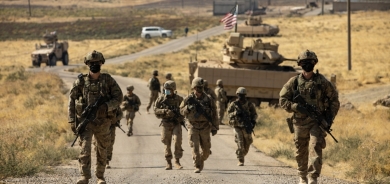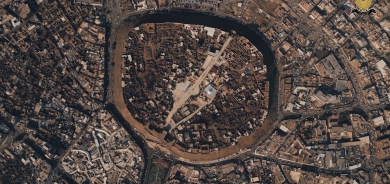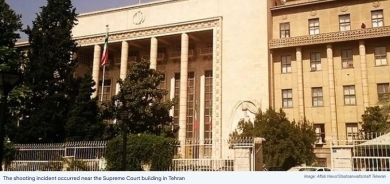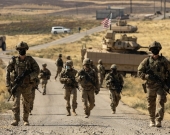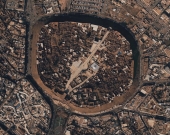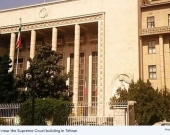Muslim Brotherhood rejects Egypt's draft constitution

The group said "abusive coupists" were trying to "distort Egypt's legitimate constitution", adopted under ousted President Mohammed Morsi last year.
The draft, approved by a constituent assembly late on Sunday, preserves some of the military's wide-ranging powers and would allow a presidential election to be held before parliamentary polls.
It must be approved in a referendum this month or in January.
The vote is the first stage in the "democratic transition" promised by the interim government after Mr Morsi was deposed by the military in July.
'Abusive coupists'
The 50-member constituent assembly was appointed in September to review the controversial 2012 constitution.
It was passed by a majority of voters, but with a low turnout and only after being rushed through by a panel dominated by Islamist allies of Mr Morsi amid protests by liberals, secularists and the Coptic Church.
The new panel, which contained few Islamists and only five women, decided that a new charter was required and completed its work over the weekend with televised votes on each of the 247 articles.
Afterwards its chairman, former Arab League chief Amr Moussa, said the draft would be presented to interim President Adly Mansour on Tuesday.
The text maintains the privileged status given to the security forces, including requiring the approval of the Supreme Council of the Armed Forces for the choice of a defence minister to serve for two full presidential terms from the date of the constitution's ratification.
The military would also be allowed to continue trying civilians in military courts, something that is strongly opposed by human rights activists.
The draft keeps Sharia as the basis for legislation, but bans political parties based on religion.
In a change from the 2012 constitution, the draft refers to freedom of belief as "absolute", rather than "protected". However, freedom to practice religion is still subject to the state's laws.
In an unexpected change, the panel rejected an article that would have outlined the schedule for parliamentary and presidential elections.
The article was replaced by one that would allow Mr Mansour to decide which should take place first, stating only that procedures for the "first election" must begin at least 30 days after the adoption of the constitution, and those for the "other election" within six months.
Analysts said the move might clear the way for the powerful head of the armed forces and Defence Minister, Gen Abdul Fattah al-Sisi, to become president. He is widely seen as the leading candidate for the post and holding the presidential election first would allow him to form alliances with secularist parties which performed badly in the last parliamentary polls.
Protests
As the constituent assembly completed its work, security forces fired tear gas to disperse a protest in Cairo's Tahrir Square by Morsi supporters.
"The people want to topple the regime," the protesters chanted, many of them flashing the four-finger gesture to commemorate the deaths of hundreds of people in mid-August in clashes that erupted when troops cleared two sit-ins in Cairo.
Army vehicles eventually moved into Tahrir Square and sealed it off.
The interim government has clamped down on protests since passing a new law that requires permission to be sought for any public gathering of more than 10 people, allows security forces to disperse unruly demonstrators and imposes heavy prison sentences for violations.
Ahmed Maher, one of two leading secular activists detained for calling a protest against the law last week, was released on Sunday. The other, Alaa Abdul Fattah, was detained for a further 15 days.
BBC


